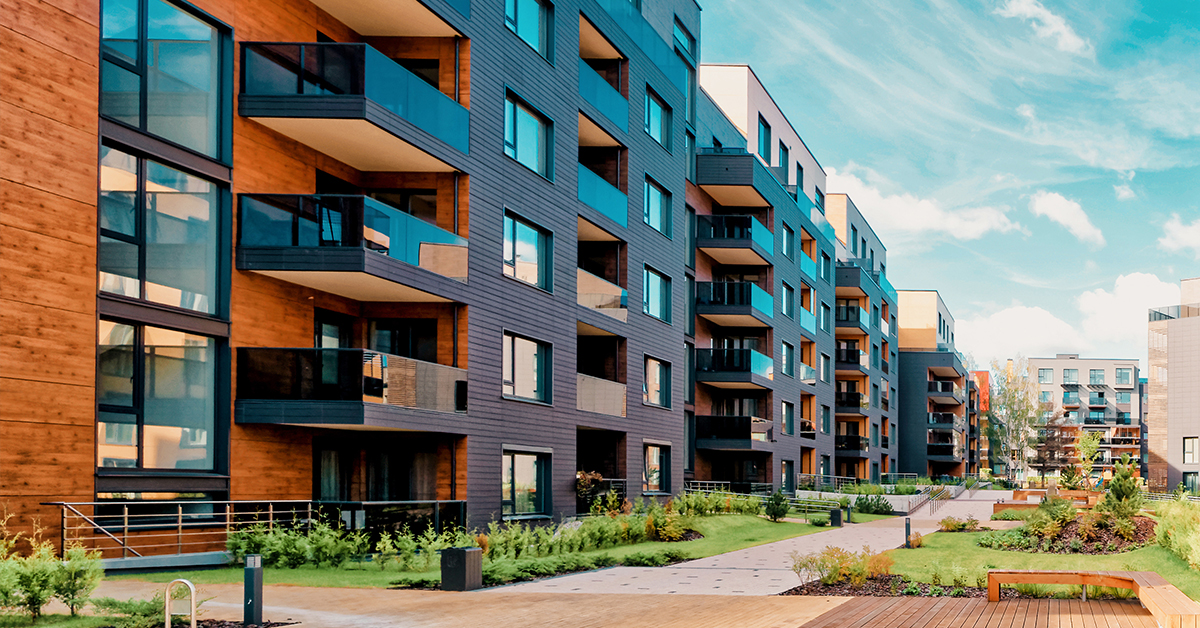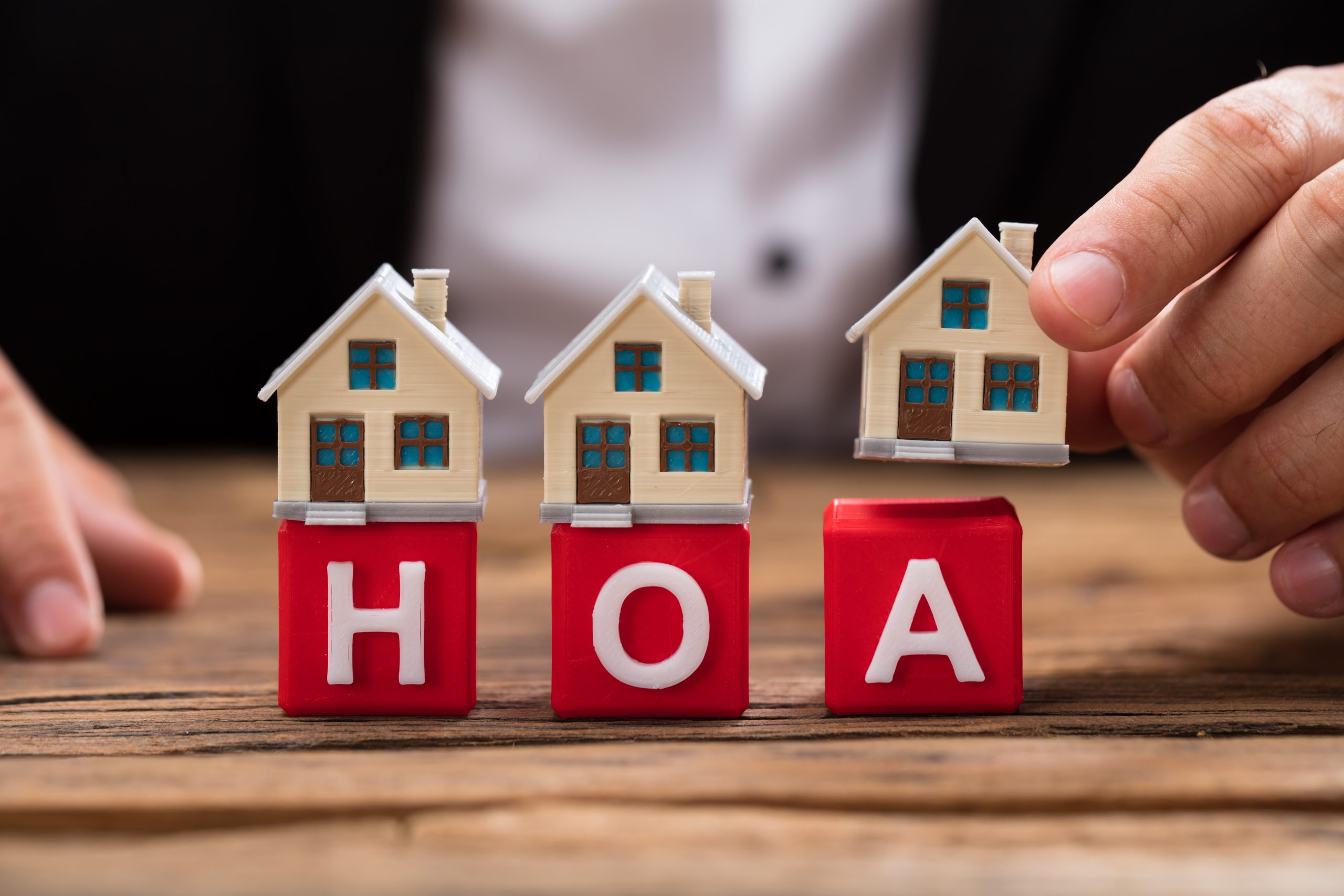Just How to Solve Disputes in an HOA Condo Setting
Just How to Solve Disputes in an HOA Condo Setting
Blog Article
The Duty of an HOA in Establishing and Enforcing Area Guidelines for Citizens
The role of a Homeowners Organization (HOA) in enforcing and developing community guidelines is basic to maintaining a natural and organized residential atmosphere - hoa condo. By creating clear guidelines that control aspects such as residential property maintenance and community conduct, the HOA not just establishes standards for citizens yet also promotes a feeling of belonging and accountability. The application of these standards can offer numerous obstacles, raising questions about communication, fairness, and neighborhood engagement. As we check out these intricacies, it ends up being evident that the impact of an HOA expands far past mere regulation enforcement.
Understanding Homeowners Organizations
Homeowners associations (HOAs) work as controling bodies for property communities, playing an important role in keeping residential property values and cultivating a feeling of community. Commonly developed by developers, HOAs are made up of property owners within a marked area who choose a board to oversee the organization's activities. The key functions of an HOA consist of enforcing area guidelines, taking care of typical areas, and organizing area events.
HOAs run under a set of controling documents, consisting of problems, constraints, and agreements (CC&R s), which lay out the rights and obligations of homeowners. These policies intend to make certain that buildings are maintained to a specific criterion, therefore protecting the aesthetic charm and total value of the community. Furthermore, HOAs commonly accumulate dues from house owners to money upkeep, landscape design, and various other social work.
The presence of an HOA can considerably influence the living experience within a community (hoa condo). While some homeowners value the organized setting and amenities provided, others may locate specific regulations limiting. Stabilizing the interests of all home owners is crucial for an HOA to function successfully, guaranteeing that it serves its designated objective of enhancing neighborhood living while respecting specific property owner legal rights
Creating Neighborhood Guidelines

To start, an HOA needs to carry out surveys or hold conferences that permit homeowners to articulate their tips and problems. This participatory procedure fosters a feeling of ownership and increases compliance. Next off, the HOA board should analyze the responses to determine typical themes and top priorities that necessitate official inclusion in the standards.
It is also vital to ensure that the standards are clear, concise, and easily comprehended. Ambiguities can bring about problems and misconceptions, undermining the objective of the guidelines. The standards should be detailed, covering various aspects of area living, including property maintenance, sound levels, and use of typical areas.
Enforcement of Guidelines
Reliable enforcement of community policies is critical for preserving order and making certain that all residents comply with the established guidelines. An HOA should carry out a structured method to implement these guidelines, which frequently includes a mix of monitoring, interaction, and fines for non-compliance.
First, regular evaluations and neighborhood patrols can help identify violations, making certain that rules are constantly used across the community. This aggressive surveillance permits the HOA to address problems before they rise, cultivating a feeling of responsibility among residents.
2nd, clear communication is crucial. Citizens must be informed of the rules and the procedures for reporting violations. An open line of communication urges citizens to voice concerns and seek explanation on standards, which can enhance conformity.

Finally, when infractions happen, the HOA has to apply repercussions as outlined in the governing files. By properly enforcing rules, an HOA can grow an unified living environment that reflects the cumulative values of its citizens.
Benefits of HOA Regulations
Numerous benefits arise from the execution of HOA policies, which serve to improve the lifestyle within an area. One primary benefit is the upkeep of home worths. By applying requirements for visual appeals and maintenance, HOAs make sure that homes and usual areas stay attractive, cultivating a desirable living atmosphere that can cause raised property worths gradually.
Additionally, HOA policies advertise consistency and uniformity within the neighborhood. This coherence in design and upkeep assists to develop a sense of belonging among residents, adding to neighborhood pride and a positive ambience. Additionally, established guidelines help with problem resolution among next-door neighbors by giving clear expectations and protocols for actions, thereby decreasing disagreements.
Another substantial advantage is the provision of common features and services. Several HOAs manage community facilities such as clubs, pools, and parks, which boost entertainment opportunities for locals. These amenities not only enhance the top quality of life but also motivate social interaction.
Inevitably, the policies established forth by an HOA grow a well-organized, unified community, making sure that homeowners enjoy a high requirement of living while fostering an encouraging environment for all property owners.
Typical Challenges Encountered by HOAs
In the middle of the benefits that home owners associations (HOAs) can give, they likewise run into a range of obstacles that can impede their performance. Numerous homeowners may not get involved in conferences or area activities, leading to a detach between the HOA board and locals.
Another challenge is the enforcement of guidelines and regulations. Conflicts can emerge when locals really feel that enforcement is irregular or biased, potentially bring about conflicts within the neighborhood. In addition, HOAs frequently encounter visit this web-site financial constraints, which can limit their capacity to maintain common areas or fund area tasks. This can create discontentment amongst homeowners who expect high requirements of maintenance.
Furthermore, navigating lawful intricacies can be discouraging for HOAs. They need to make sure conformity with state legislations while managing their very own controling papers, which can be a source of confusion. Lastly, changing demographics and advancing neighborhood needs require HOAs to adjust their standards, typically meeting resistance from long-standing homeowners that are accustomed to conventional norms. Resolving these difficulties is essential for cultivating a harmonious and thriving area.
Verdict

By creating clear rules that regulate facets such as property upkeep and neighborhood conduct, the HOA not just sets standards for citizens yet additionally fosters a sense of belonging and responsibility.Homeowners organizations (HOAs) offer as controling bodies for residential neighborhoods, playing a vital duty in maintaining residential or commercial property values and learn this here now promoting a feeling of area. Several home owners may not participate in meetings or community activities, leading to a disconnect between the HOA board and residents. Altering demographics and developing neighborhood needs need HOAs to adapt their guidelines, frequently satisfying resistance from long-standing locals who are accustomed to traditional norms. Via the growth of clear laws and regular enforcement, HOAs advertise residential property maintenance, neighborhood pride, and trust amongst homeowners.
Report this page